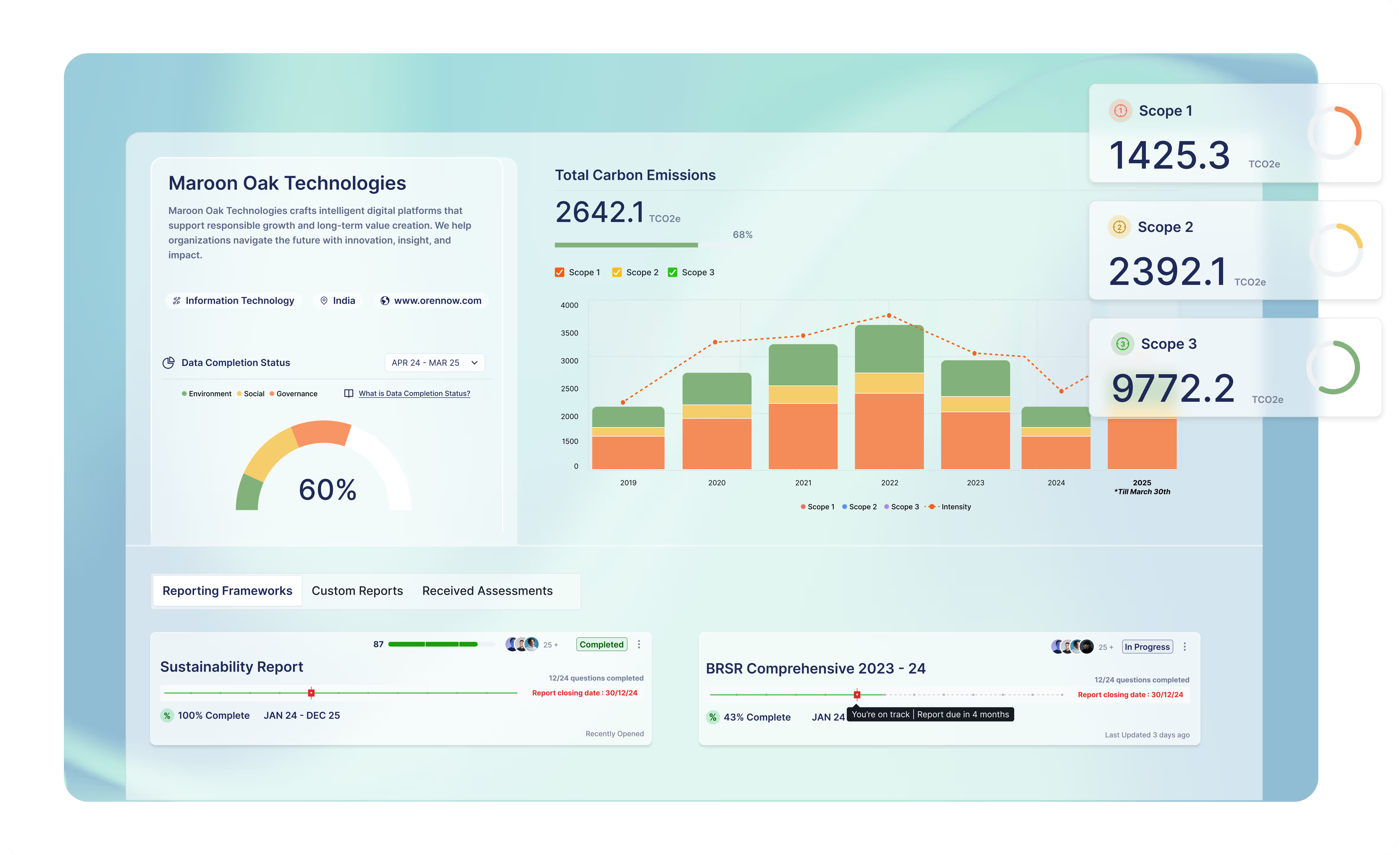Understanding ESG Reporting: Its Importance for Your Business

ESG reporting has become an essential practice for companies aiming to demonstrate their commitment to environmental, social, and governance (ESG) criteria. This article delves into what ESG reporting is, why it matters, and how it can impact your business and stakeholders.
What is ESG Reporting?
ESG reporting refers to the disclosure of a company's performance in three critical areas: Environmental, Social, and Governance. This type of reporting is intended for investors, employees, media, and other stakeholders, providing a comprehensive view of a company's practices and impact.
1. Environmental Impact
The environmental component of ESG reporting focuses on a company’s efforts to minimize its carbon footprint, manage resources efficiently, and reduce pollution. Companies often report on their greenhouse gas (GHG) emissions, energy consumption, and waste management practices. Key metrics include carbon neutrality, carbon credits, and efforts to achieve net zero emissions.
2. Social Impact
Social reporting assesses how a company manages relationships with employees, suppliers, customers, and the communities where it operates. This includes evaluating labor practices, human rights, diversity and inclusion efforts, and community engagement. Reports might also cover hazardous waste management and corporate responsibility initiatives.
3. Governance
Governance in ESG reporting examines the internal practices and policies related to leadership, executive pay, audits, and shareholder rights. It includes the structure of the ESG committee, compliance with regulations, and adherence to best practices such as those outlined by the Global Reporting Initiative (GRI) and the Task Force on Climate-Related Financial Disclosures (TCFD).

Why is ESG Reporting Important?
The importance of ESG reporting has escalated following global climate agreements and increasing regulatory pressures. Here’s why ESG reporting is crucial for companies:
1. Investor Confidence
Investors are increasingly scrutinizing ESG metrics to gauge a company's long-term viability and risk profile. High ESG scores often correlate with lower financial risks and better management practices. Consequently, companies with strong ESG performance might attract more investment due to their perceived stability and commitment to sustainable practices.
2. Regulatory Compliance
Governments worldwide are tightening regulations around ESG reporting. In countries like India, where sustainability reporting has become more stringent, companies must adhere to the Business Responsibility and Sustainability Report (BRSR) guidelines and other local standards. Compliance helps avoid legal pitfalls and enhances a company’s reputation.
3. Market Position
Adopting robust ESG strategies can provide a competitive edge. Companies that align with stakeholder capitalism and demonstrate effective ESG practices may outperform those that do not. This alignment often results in better market positioning and increased consumer trust.
4. Access to Capital
Strong ESG performance can lead to more favorable terms for capital acquisition. Investors are more likely to provide funding at a lower cost to companies with transparent and effective ESG strategies. This access to capital is crucial for financing sustainable projects and innovations.

Trends and Challenges in ESG Reporting
1. Growing Standards and Frameworks
Several frameworks guide ESG reporting, such as the GRI standards, the Sustainability Accounting Standards Board (SASB), and the EU Taxonomy. Adhering to these frameworks helps standardize reports and improve comparability. The increase in ESG rating agencies and assessments, including EcoVadis and GRESB, also reflects the growing importance of ESG metrics.
2. Knowledge Gaps and Reporting Standards
Despite the progress, there are still significant gaps between what companies report and what investors and regulators seek. Discrepancies in reporting standards, high costs of data collection, and non-mandatory reporting regimes contribute to this issue. Companies can address these challenges by collaborating with experts to integrate balanced ESG strategies into their performance metrics.
3. Future Outlook
Over the next decade, ESG reporting is expected to become a mandatory component of annual financial disclosures for all businesses. This shift will likely standardize reporting practices and enhance the overall quality of ESG data available to stakeholders.
Conclusion
ESG reporting is more than a regulatory requirement; it is a strategic tool that can enhance a company's transparency, market position, and investor appeal. By understanding and implementing effective ESG reporting practices, companies can better manage risks, achieve compliance, and drive long-term success.
If your company is navigating its ESG journey, partnering with experts and leveraging advanced ESG solutions can streamline the process and ensure your reports meet the highest standards. Embracing ESG reporting not only aligns with global sustainability goals but also positions your business for future growth and resilience.





